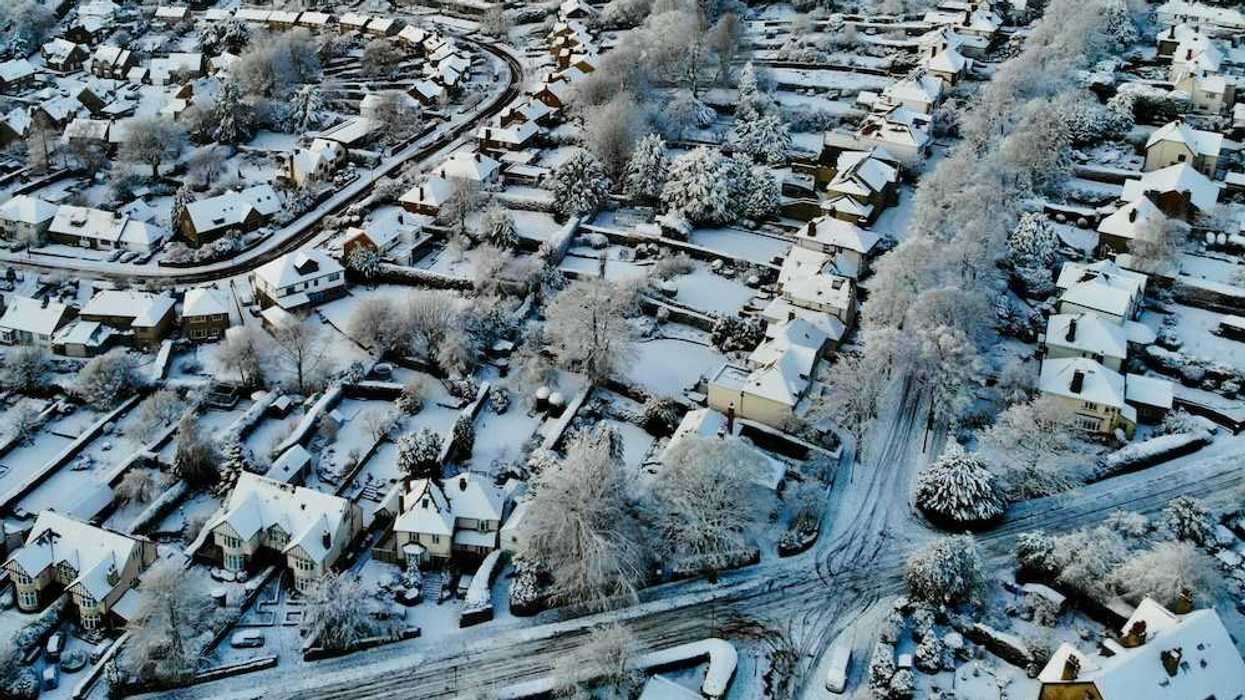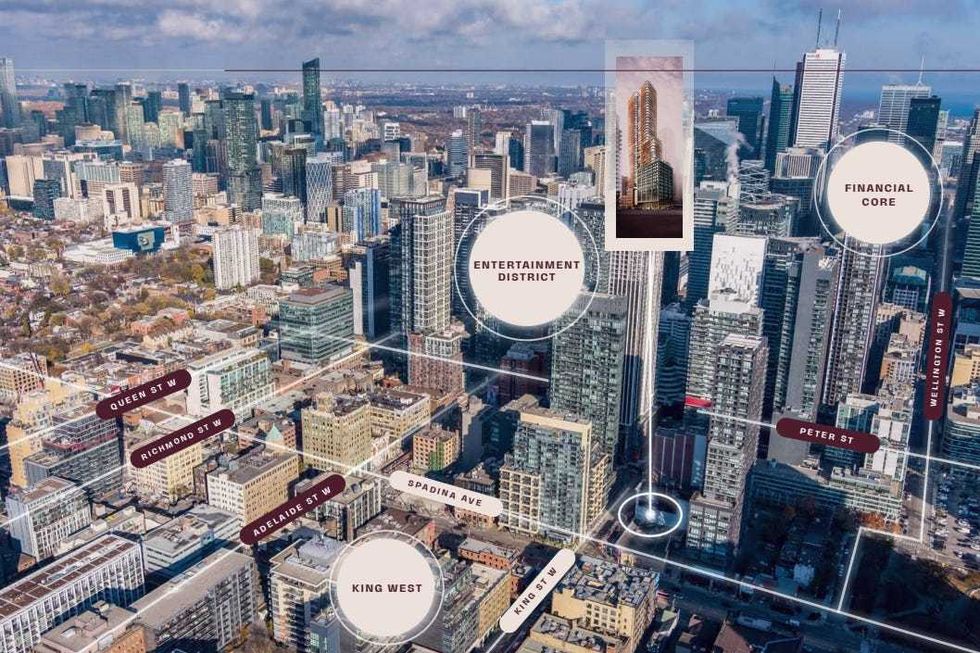Certificate of Location
Understand the Certificate of Location in Canadian real estate, what it contains, when it’s needed, and how it protects buyers and lenders.

May 16, 2025
What is a Certificate of Location?
A Certificate of Location is a legal document prepared by a land surveyor that outlines the position of buildings, structures, and boundaries on a property relative to the land title.
Why a Certificate of Location Matters in Real Estate
In Canadian real estate, this certificate is often required during property sales or mortgage approvals, especially in Quebec.
The certificate includes:
- Boundary lines and property dimensions
- Building locations and encroachments
- Compliance with zoning and bylaws
Lenders and buyers use it to confirm that the property meets legal and zoning requirements and that there are no disputes with neighbouring lots. It differs from a full property survey but still plays a critical legal and planning role.
Understanding the Certificate of Location helps avoid legal surprises and ensures regulatory compliance when purchasing or developing property.
Example of a Certificate of Location
A buyer's lender requests an updated Certificate of Location to confirm that the garage addition does not encroach onto the neighbour's lot.
Key Takeaways
- Prepared by a certified land surveyor.
- Verifies building positions and boundaries.
- Often required by lenders.
- Important for legal clarity.
- Especially relevant in Quebec.
Related Terms
- Property Survey
- Encroachment
- Zoning
- Land Use Bylaws
- Title Transfer


 205 Queen Street, Brampton/Hazelview
205 Queen Street, Brampton/Hazelview







 CREA
CREA
 Liam Gill is a lawyer and tech entrepreneur who consults with Torontonians looking to convert under-densified properties. (More Neighbours Toronto)
Liam Gill is a lawyer and tech entrepreneur who consults with Torontonians looking to convert under-densified properties. (More Neighbours Toronto)

 401-415 King Street West. (JLL)
401-415 King Street West. (JLL)
 Eric Lombardi at an event for Build Toronto, which is the first municipal project of Build Canada. Lombardi became chair of Build Toronto in September 2025.
Eric Lombardi at an event for Build Toronto, which is the first municipal project of Build Canada. Lombardi became chair of Build Toronto in September 2025.